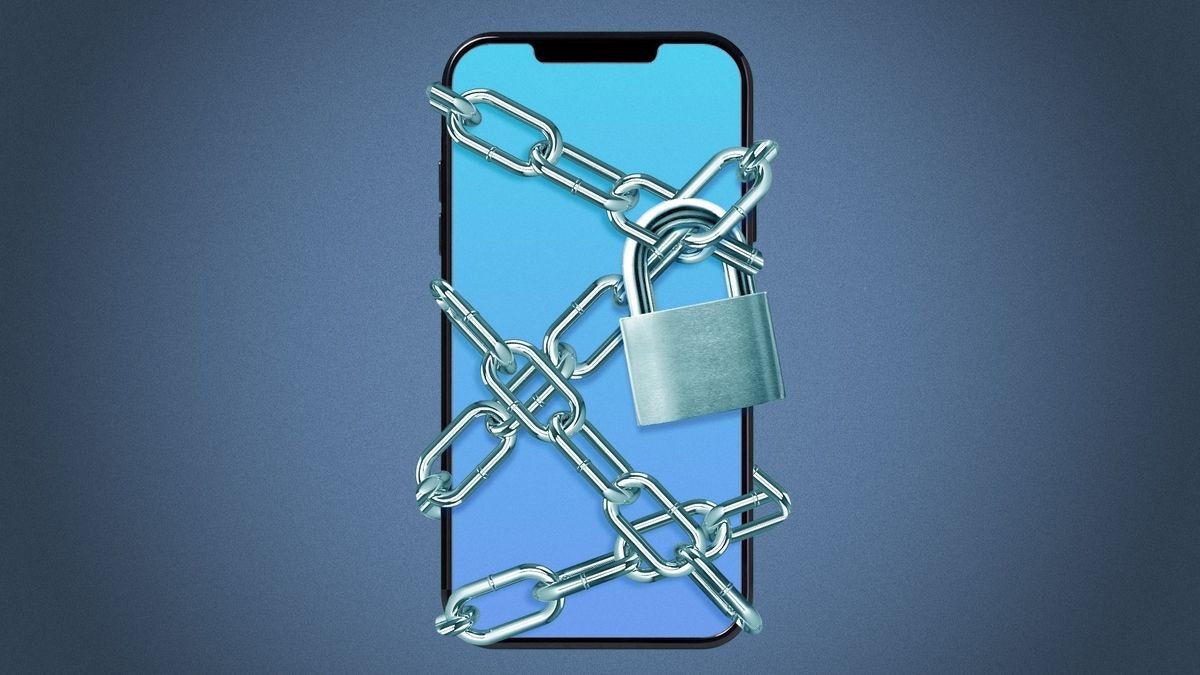In a complex scheme that tricked Apple into replacing fake iPhones with genuine ones, a fraud operation costing the tech giant approximately $1 million has come to light. The convoluted fraud involved submitting counterfeit iPhones to Apple for warranty claims, which were then replaced with real iPhones. This operation not only highlights the vulnerabilities in tech companies’ warranty and replacement processes but also sheds light on the lengths to which fraudsters will go to exploit these systems.
Key Highlights:
- The scam involved tricking Apple into replacing counterfeit iPhones with real ones, costing the company around $1 million.
- Fraudsters employed sophisticated methods to create fake iPhones that were convincing enough to pass initial inspections.
- The operation has led to convictions and sentences for those involved, showcasing the legal system’s response to such high-tech crimes.
- The scheme’s exposure has prompted discussions about the need for tech companies to bolster their verification processes for warranty claims.
- This fraud has wider implications, potentially affecting customer service times and product prices due to increased scrutiny and loss recovery efforts.
The incident underscores a growing trend of high-tech fraud, where scammers leverage technology to carry out elaborate schemes. The fraudsters’ operation was meticulously planned, employing counterfeit devices that were convincing enough to fool Apple’s inspection processes. This not only resulted in significant financial loss for the company but also contributed to longer wait times and potentially higher costs for legitimate customers seeking service.
The ramifications of this fraud extend beyond the immediate financial losses incurred by Apple. They have sparked a broader discussion within the technology industry about the need to strengthen verification and validation processes for warranty and replacement claims. Moreover, there is a growing realization of the potential impact on consumers, including longer wait times for service and possibly higher prices for products and services, as companies seek to recoup losses and invest in more robust fraud prevention measures.
Legal outcomes of the case reveal a concerted effort by authorities to clamp down on such sophisticated fraud schemes. The convictions and sentences handed down to those involved highlight the seriousness with which the legal system is treating these high-tech crimes, aiming to deter future incidents.
The implications of this fraud extend beyond the immediate financial losses and legal repercussions. They touch on the broader challenges facing tech companies in safeguarding against sophisticated scams. This incident serves as a wake-up call for companies to enhance their verification and inspection processes for warranty and replacement claims. Furthermore, it spotlights the need for ongoing vigilance and innovation in combating high-tech fraud.
The exposure of this iPhone fraud scheme is a stark reminder of the sophisticated methods employed by modern-day scammers and the ongoing battle between technology companies and fraudsters. As companies like Apple continue to refine their processes to prevent such incidents, the sophistication of the schemes they face underscores the perpetual cat-and-mouse game defining the tech industry’s security landscape. The case serves as a cautionary tale, prompting both companies and customers to remain vigilant in the face of increasingly innovative scams.


















